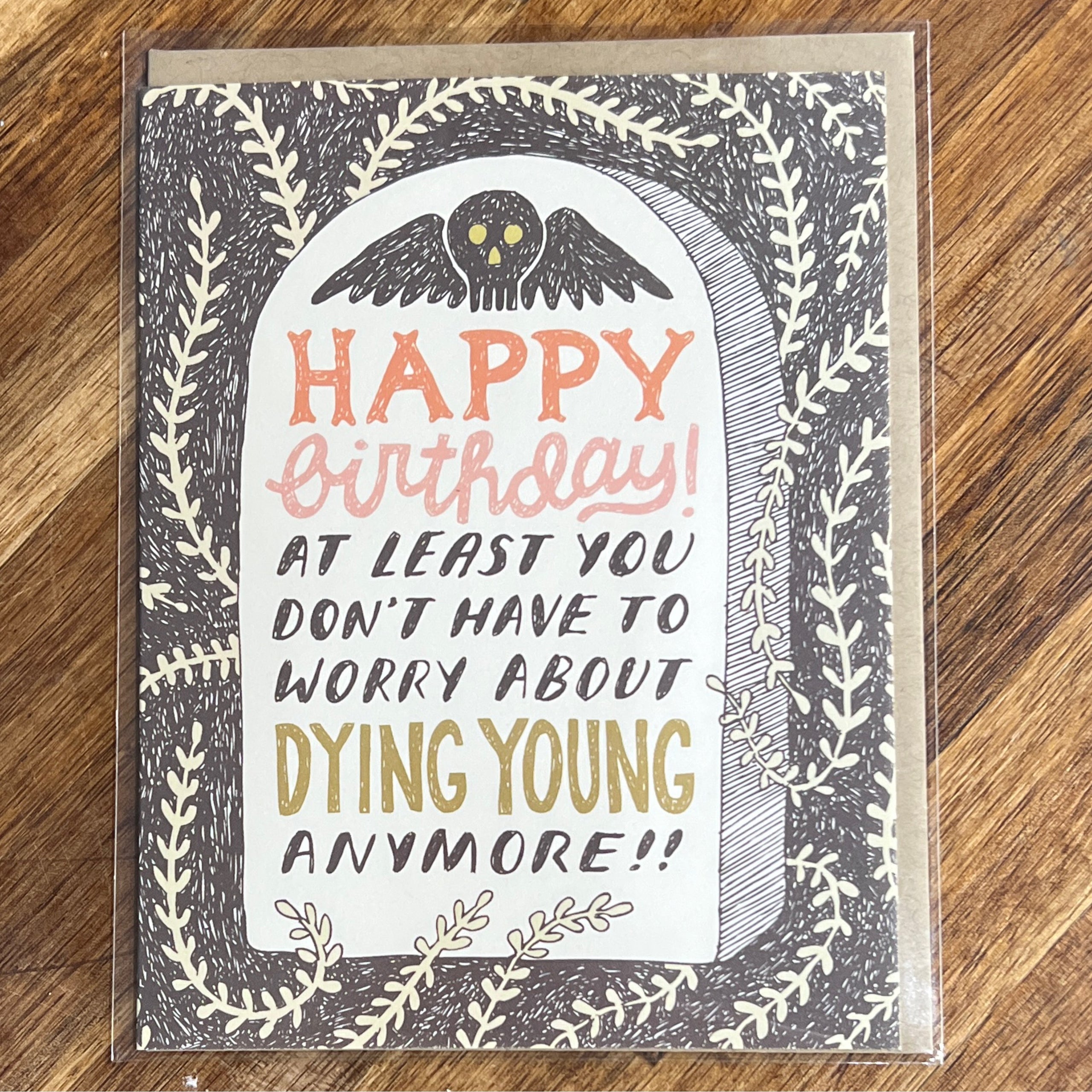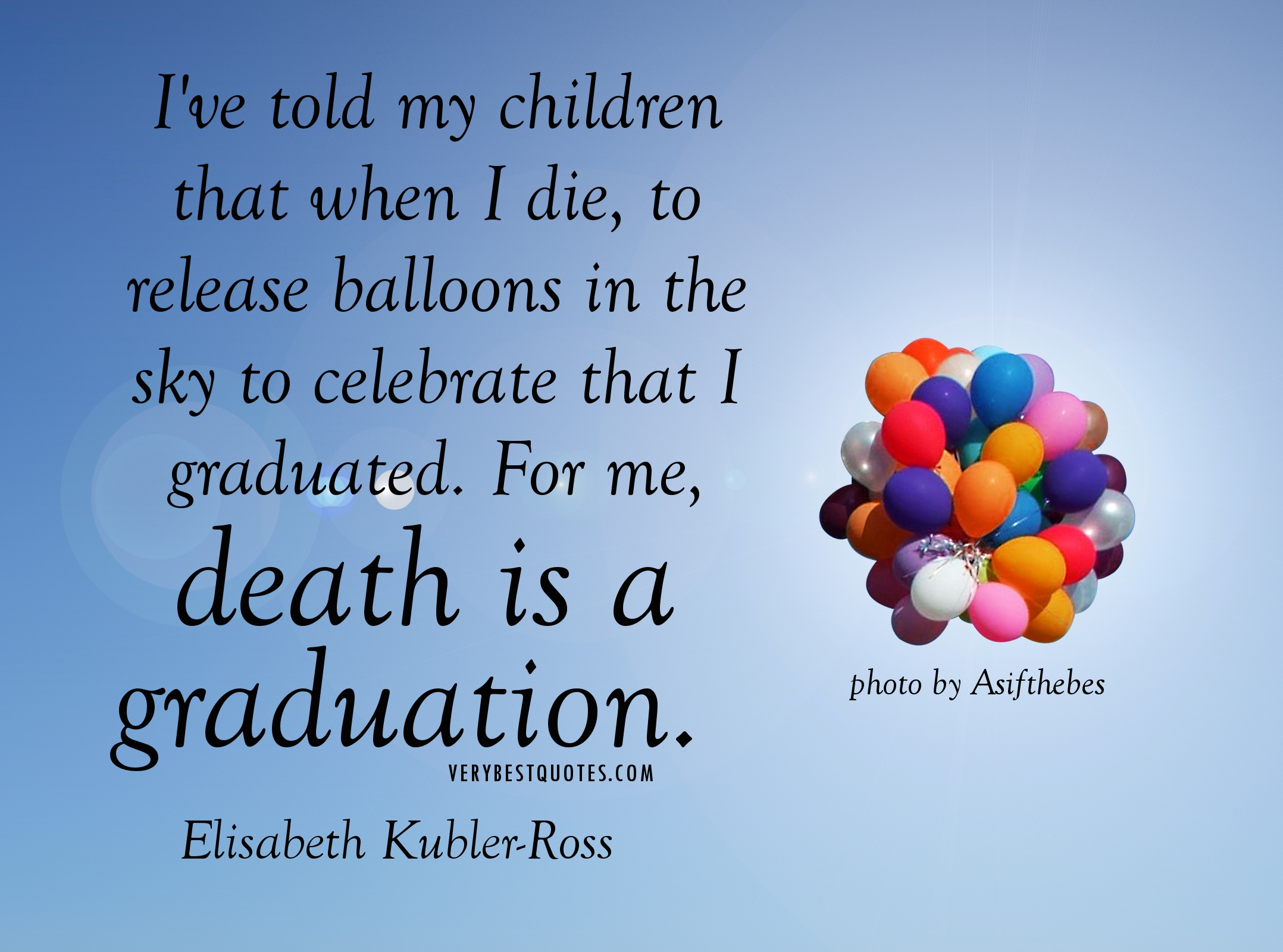Have you ever wondered why some people die on their birthday? It’s a question that’s been floating around for years, sparking debates between science, spirituality, and faith. The Bible has plenty to say about life, death, and the mysteries of timing—but does it touch on this specific topic? Let’s dive in and explore what Scripture might reveal about dying on your birthday.
Now, I know what you’re thinking. “Why would anyone even care about this?” Well, let me tell you, it’s not just about caring—it’s about understanding. Life is full of strange coincidences, and sometimes those coincidences feel like they’re straight out of a movie script. When someone passes away on their birthday, it can leave us scratching our heads, wondering if there’s a deeper meaning behind it.
So, buckle up because we’re about to take a journey through the pages of the Bible, history, and even a bit of psychology to uncover the truth. Whether you’re religious or just curious, this article’s got something for everyone. Let’s get started, shall we?
- Unveiling The Truth Behind Hdhub4u The Dark Side Of Free Movie Streaming
- Fintechzoom Revolutionizing The Financial Landscape With Cuttingedge Technology
Table of Contents
- Introduction
- What Does the Bible Say About Death and Timing?
- Is It Just a Coincidence or a Divine Sign?
- A Historical Perspective on Dying on Your Birthday
- Psychological Insights into the Phenomenon
- Famous Cases of People Who Died on Their Birthday
- The Spiritual Significance of Birthdays
- Modern Science Weighs In
- Key Bible Verses About Life and Death
- Conclusion: Finding Peace in the Mystery
What Does the Bible Say About Death and Timing?
First things first, the Bible doesn’t explicitly mention dying on your birthday. But that doesn’t mean it’s irrelevant. In fact, the Scriptures are packed with wisdom about life, death, and God’s sovereignty over time. Take a look at Ecclesiastes 3:1-2, where it says, “There is a time for everything, and a season for every activity under the heavens: a time to be born and a time to die…”
This passage reminds us that life is cyclical, and every moment—good or bad—has purpose. Now, while the Bible doesn’t spell out why someone might pass away on their birthday, it does emphasize that God is in control. Think about it: if He determines the beginning and end of life, maybe there’s more to the story than we realize.
God’s Timing in the Bible
Throughout Scripture, we see examples of God’s perfect timing. For instance, Noah built the ark before the flood, Abraham waited years for Isaac, and Joseph endured imprisonment before becoming a ruler in Egypt. Each of these stories shows how God works within the framework of time, often in ways that seem unexpected or even mysterious to us.
- Jameliz Benitez Smith A Rising Star In The Adult Entertainment Industry
- Mastering Remote Iot Connectivity Unlocking Devices Behind Firewalls On Macos
So, could dying on your birthday be part of God’s grand design? Some theologians believe it could be a way of closing the circle of life, bringing the person back to the day they entered the world. Others think it’s simply a coincidence with no spiritual significance. Let’s explore further to find out.
Is It Just a Coincidence or a Divine Sign?
Here’s the million-dollar question: Is dying on your birthday a random occurrence, or is there something deeper at play? To answer this, we need to consider both sides of the argument. On one hand, statisticians argue that with billions of people on the planet, some overlap is inevitable. It’s like flipping a coin—it’s bound to land heads-up eventually.
On the other hand, believers often see patterns in what others call coincidences. They argue that God uses moments like these to remind us of His presence and power. After all, the Bible teaches that nothing happens outside of God’s will. As Psalm 139:16 puts it, “Your eyes saw my unformed body; all the days ordained for me were written in your book before one of them came to be.”
Ultimately, whether you view it as a coincidence or a sign depends on your perspective. And that’s okay! The beauty of faith is that it allows room for questions and exploration.
A Historical Perspective on Dying on Your Birthday
Believe it or not, people have been fascinated by this phenomenon for centuries. Ancient cultures often associated birthdays with spiritual significance, believing they marked a special connection between the individual and the divine. In some traditions, birthdays were seen as sacred days when the veil between worlds grew thinner.
In Christian history, saints and martyrs are sometimes remembered on the day they died, which is often referred to as their “heavenly birthday.” This concept ties into the idea that death isn’t the end but rather a transition to eternal life. For many believers, dying on your birthday could be seen as a final celebration of life, a reminder that the soul is returning to its Creator.
Cultural Beliefs Around Birthdays
Let’s not forget the cultural aspects of birthdays. In many societies, birthdays are celebrated as milestones, marking growth, achievement, and renewal. When someone passes away on their birthday, it can feel like a bittersweet farewell—a final acknowledgment of their journey here on Earth.
Interestingly, some cultures believe that dying on your birthday grants the person special blessings or protection in the afterlife. While this isn’t a biblical teaching, it highlights how different traditions interpret the same event in unique ways.
Psychological Insights into the Phenomenon
Now let’s bring psychology into the mix. According to experts, the human brain loves patterns. We’re wired to find meaning in randomness, which is why events like dying on your birthday capture our attention. It’s not just about the date—it’s about the emotional weight behind it.
For example, birthdays are often associated with joy, nostalgia, and reflection. When someone passes away during this time, it can amplify feelings of loss and grief. Psychologists suggest that these emotions can make the event feel more profound, leading people to search for deeper explanations.
Additionally, some studies indicate that stress and emotional strain can impact health. If a person is already struggling with illness or aging, the pressure of celebrating a birthday might push them over the edge. It’s not a pleasant thought, but it’s worth considering when examining the science behind this phenomenon.
Famous Cases of People Who Died on Their Birthday
History is filled with examples of famous figures who passed away on their birthday. Here are a few notable cases:
- Wilhelm Grimm: One half of the famous Brothers Grimm duo, Wilhelm died on February 24, 1859—the same day he was born.
- William Shakespeare: Some historians believe Shakespeare passed away on April 23, 1616, his 52nd birthday. While the exact date is debated, it’s a fascinating possibility.
- Ray Charles: The legendary musician and singer died on June 10, 2004, coincidentally the same day as his 73rd birthday.
These stories remind us that no one is immune to the mysteries of life and death. Whether famous or ordinary, we all share the same fate—and sometimes, the same timing.
The Spiritual Significance of Birthdays
From a spiritual perspective, birthdays can be seen as markers of divine providence. They remind us of our origins and our ultimate destination. In the Bible, birthdays aren’t mentioned frequently, but when they are, they often carry symbolic weight. For instance, Pharaoh celebrated his birthday by executing his chief baker (Genesis 40:20-22), and Herod threw a lavish party where John the Baptist was beheaded (Matthew 14:6-12).
While these stories might seem grim, they highlight the duality of life and death. Birthdays can be times of celebration, but they can also serve as reminders of mortality. In this sense, dying on your birthday might be seen as a way of completing the circle of life, returning to the source of all things.
Lessons from Biblical Figures
Many biblical figures faced death with courage and faith, trusting in God’s plan even when they didn’t understand it. Abraham, for example, was willing to sacrifice his son Isaac, believing God would provide a way out. Similarly, Job endured unimaginable suffering, yet he never lost sight of God’s sovereignty.
These stories teach us that life and death are intertwined, and both are part of God’s larger purpose. When someone dies on their birthday, it might not make sense at first, but faith encourages us to look beyond the surface and trust in God’s wisdom.
Modern Science Weighs In
Science offers another lens through which to view this phenomenon. Researchers have studied the connection between birthdays and mortality, uncovering some surprising insights. For example, a study published in the journal Aging Cell found that people who live to extreme old age are more likely to die on or near their birthday. This could be due to a combination of factors, including physical decline, emotional exhaustion, and even subconscious desires.
Other studies suggest that birthdays can trigger a “survival reflex,” where individuals push themselves to make it through the celebration before succumbing to illness or fatigue. While these findings don’t explain everything, they do shed light on the complex interplay between biology, psychology, and timing.
Key Bible Verses About Life and Death
If you’re looking for guidance on this topic, here are a few Bible verses worth exploring:
- Ecclesiastes 3:1-2: “There is a time for everything, and a season for every activity under the heavens: a time to be born and a time to die…”
- Psalm 139:16: “Your eyes saw my unformed body; all the days ordained for me were written in your book before one of them came to be.”
- John 11:25: “Jesus said to her, ‘I am the resurrection and the life. The one who believes in me will live, even though they die.’”
These verses remind us that life and death are both under God’s control. No matter when or how we die, we can find comfort in knowing that He has a plan for us.
Conclusion: Finding Peace in the Mystery
In conclusion, what does the Bible say about dying on your birthday? While it doesn’t provide a direct answer, it does offer wisdom, comfort, and hope. Whether you see it as a coincidence, a divine sign, or something else entirely, one thing is certain: life is full of mysteries, and death is no exception.
So, what can we do with this knowledge? First, we can embrace the unknown with faith and trust in God’s plan. Second, we can celebrate the lives of those who have passed, honoring their memories and cherishing the time we had with them. And finally, we can share this article with others, sparking meaningful conversations about life, death, and everything in between.
What do you think? Do you believe dying on your birthday has spiritual significance, or is it just a random event? Leave a comment below and let’s keep the discussion going!
- Keralas Cultural Tapestry Unveiling The Intersection Of Cinema Sexuality And Society
- Stephen Caffrey A Master Of The Craft And The Art Of Privacy


